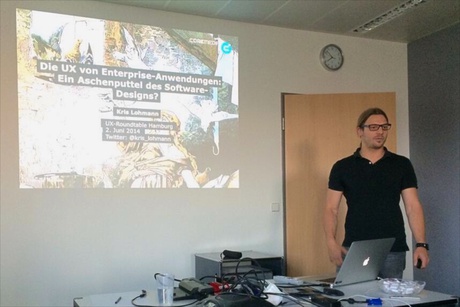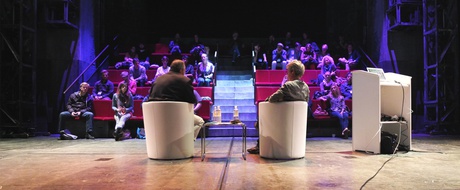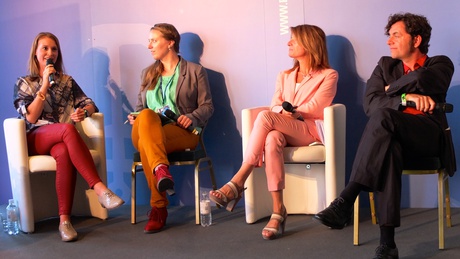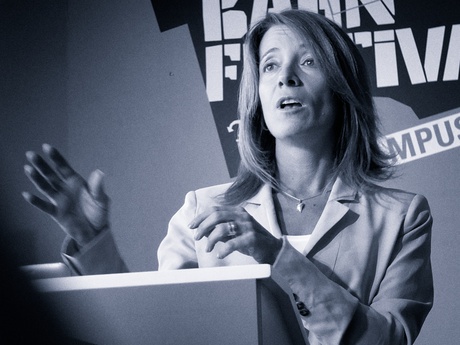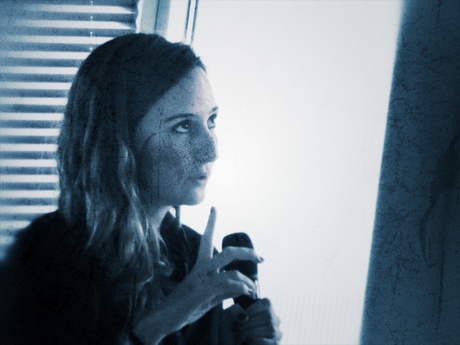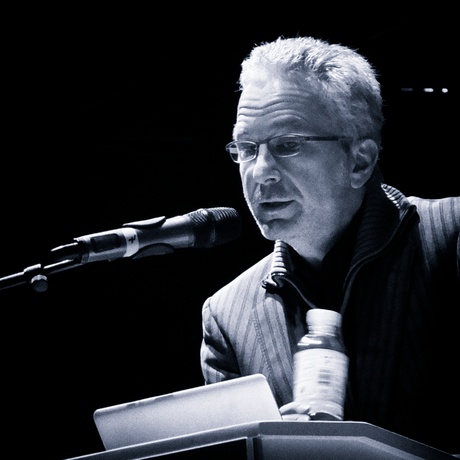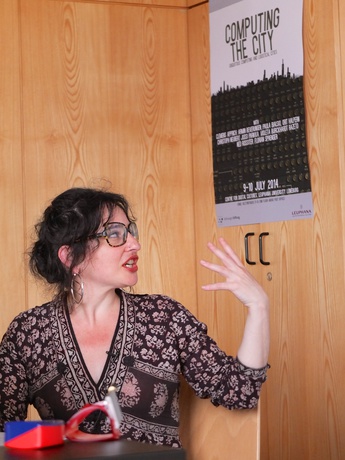
Orit Halpern on The Neuro-Cognitive Comples: A Brief Genealogy of Responsive Environments
Abstract. This paper traces the cybernetic influence on designers, urban planners, architects, and human scientists, to produce a preliminary speculative genealogy of contemporary “smart” and ubiquitous computing territories and mediums. Taking a series of case studies ranging from neural nets to Nicholas Negroponte’s experiments in Soft Architecture, to contemporary smart city developments such as Songdo in South Korea, the paper will trace the rise of the ideal of an algorithmically produced territory, and the subsequent transformations (real and imagined) in the forms of measurement and calculation administering populations. This emergent "neuro-cognitive" complex, where bandwidth and the modulation of attention is understood as necessary for the sustainability of life is the architecture for contemporary investments in big data, responsive environments, and ubiquitous computing.
Bio. Dr. Orit Halpern an assistant professor in History and Media Studies at the New School for Social Research and Eugene Lang College, New York. As part of my work as an historian, I am also interested in digital cinema and multi-media documentary, contemporary art practice, animation, and literature. I am particularly partial to those works inspired by, and dedicated to, problems of time and memory. www.orithalpern.net
This talk was recorded at the workshop: Computing the City – Ubiquitous Computing and Logistical Cities at the Centre for Digital Cultures, Leuphana University Lüneburg, 9-10 July 2014.
Thanks, Orit, for the permission to share.
CDCCity photo set by mprove
Thanks, Orit, for the permission to share.
CDCCity photo set by mprove

